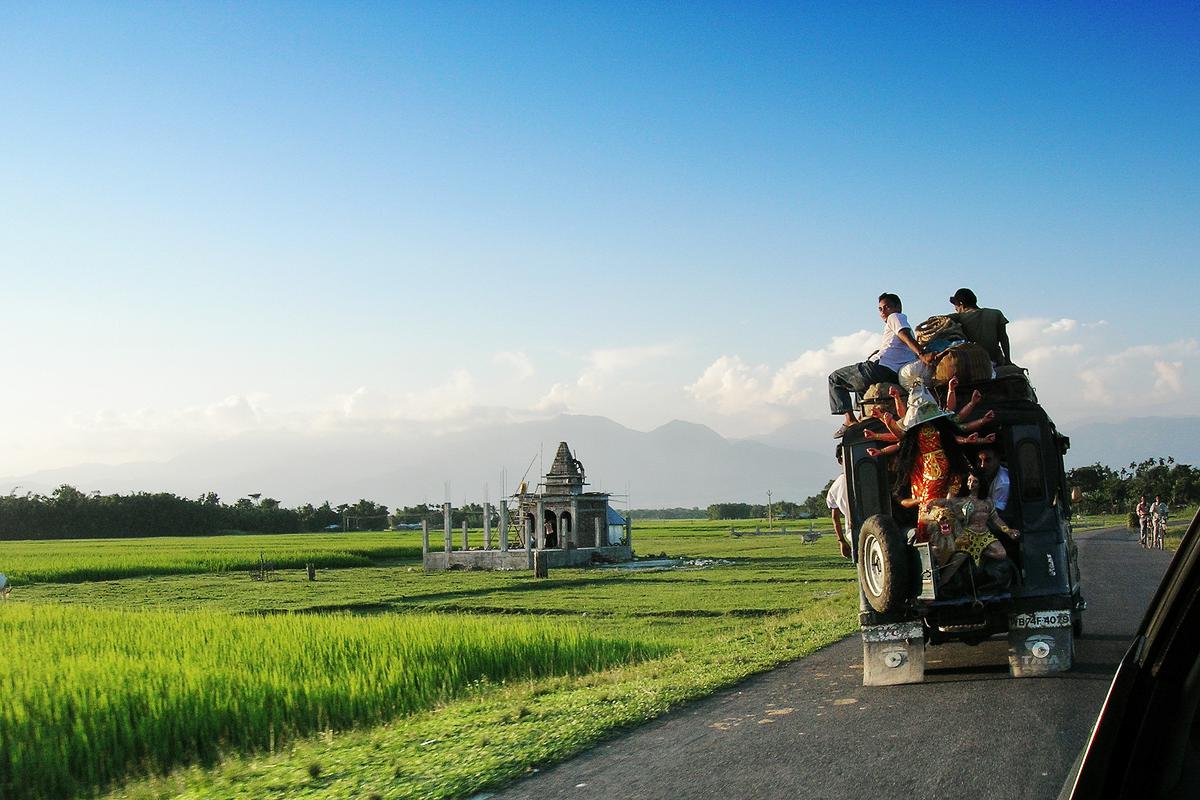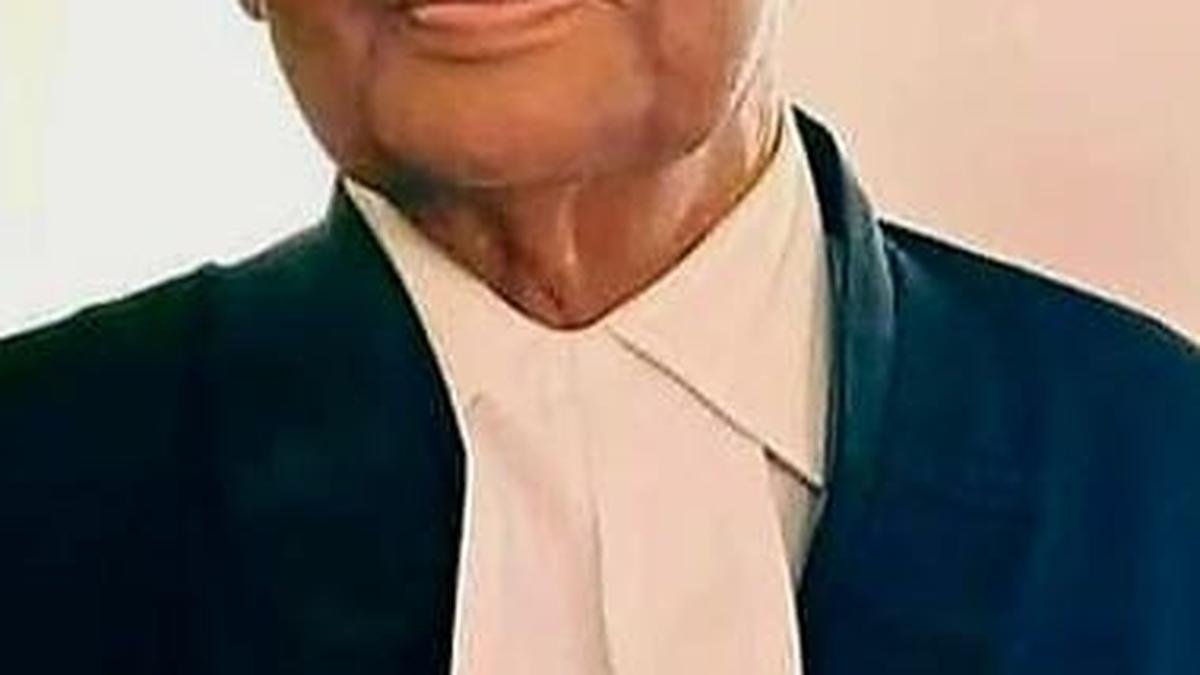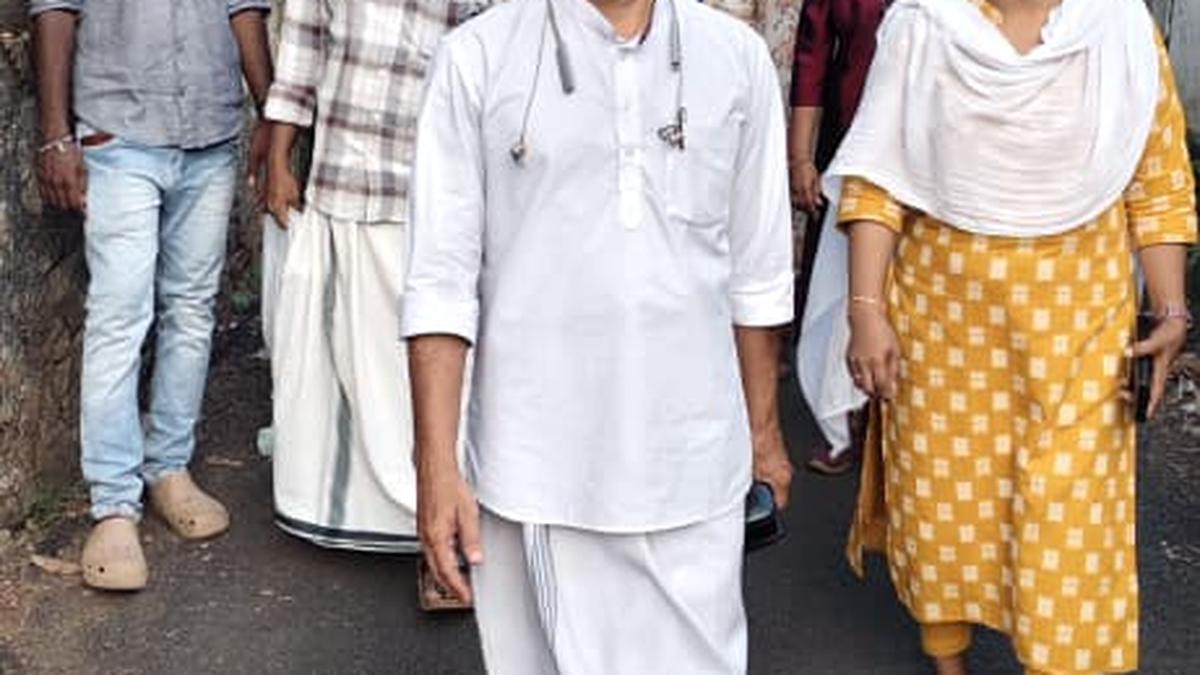At a time when doctors themselves appear prone to stress, tied to the corporate set up and flooded with patients, the very manner in which this medical practitioner introduces himself comes as a whiff of fresh air: he is a rural physician who loves travel photography.
The Calcutta Medical College graduate, Anindya Kumar Maity, had accompanied his wife Madhumita to Naxalbari in north Bengal, when she was posted as medical officer (her first job) in the rural hospital in the late 1990s. Ever since he started practicing there , he has been collecting anecdotes and clicking pictures even as he visited patients in villages and tea gardens.
“I always wanted to be in private practice, having seen my maternal grandfather and uncle in my childhood. Both practiced as rural physicians in south Bengal, and I was fascinated by their clinics and the way the patients loved and respected them,” says Dr. Maity, who has been living in Siliguri for nearly a decade now, but maintains his clinic in Naxalbari, driving there six days a week.
“I followed my wife to Naxalbari as we wanted to stay together. . It was an impulsive decision; I did not have a job in North Bengal at that time,” he says. He worked as a medical officer in several private hospitals and for a long time as an assistant to the legendary Prof. Mihir Sen of North Bengal Clinic before opening his own clinic in 2006.
Dr.Anindya Kumar Maity
| Photo Credit: Special Arrangement
Given his location, frequent travel became a part of his life, be it making road trips back home to Kolkata or to scenic villages and tea gardens to attend emergency cases. Soon, the camera became as indispensable as the stethoscope. He says, he does not find the two occupations — being a rural physician and a travel photographer, very different.
“If you don’t have any interest in how your patients live their lives, in their trials and tribulations, you can’t be a good doctor. Likewise, you need to have an active interest in the stories of people in order to be a good photographer. You need to be an insider in both vocations, you can’t treat people or photograph them superficially as an outsider and hope to be effective,” says the physician, who sold some of his prints during the lockdown to financially support a photographer friend.
Long years in Naxalbari makes him see a difference between rural and urban patients. “Rural people, in my experience, go more by trust. You have to earn that trust and they will follow your instructions without much debate. Urban patients usually have definite opinions about diagnosis and treatment even before consultation,” says Dr. Maity, who maintains that home visits have accorded him a unique insight into people and society.
During the time he lived in Naxalbari, the doorbell could ring anytime and he would invariably pick up his bag and follow the visitor. One winter night, he found three men on bikes at his doorstep, waiting to take him on a home visit. One of them was drunk. Dr. Maity accompanied them without any fuss and once the bikes entered the forest area, he thought he was being kidnapped or going to be murdered. But the men brought him to a hut where an old woman was lying on the floor with respiratory distress. When he told them that she needed to be in hospital to get oxygen, they paid him his fees and dropped him home. It turned out that they were not even related to the women but were just good Samaritans!
On another winter night, he had found himself attending to an 80-year-old man who, in spite of the biting cold, had been kept in the balcony. When the doctor expressed his anger, a few neighbours took him aside and said it was the son who wanted the ailing father to die quickly. In fact, it was the neighbours’ idea to call the doctor. Dr. Maity angrily prescribed a few injections and left, certain that the man would not be able to make it.
“After a few days I ran into the boy who had taken me to the old man’s house. I enquired about the patient, fully expecting him to say that the old man had passed away but to my surprise he said the old man was doing fine. That day I realised that we doctors are just vehicles for delivering the healing, and that the final outcome rests on someone else, someone Almighty.”







